calsfoundation@cals.org
Clifton Rodes Breckinridge (1846–1932)
Clifton Rodes Breckinridge was a late-nineteenth-century Arkansas politician who attained national prominence. After serving as a leading congressman for more than a decade, he became the first Arkansan appointed to a major European diplomatic post, serving as minister to Russia for three years. Late in life, Breckinridge was a delegate to the 1917–1918 Arkansas Constitutional Convention.
Clifton Breckinridge was born in Lexington, Kentucky, on November 22, 1846, to Mary Cyrene Burch and John Cabell Breckinridge. The Breckinridges were a political dynasty that began with his grandfather, John Breckinridge, who was President Thomas Jefferson’s attorney general. The dynasty continued with John Cabell Breckinridge, who served as a senator and vice president of the United States and as a general and secretary of war for the Confederacy. The famous family name helped Breckinridge achieve success in Arkansas politics.
At age fifteen, Breckinridge followed his father into the Confederate military. After the war, he attended Washington College in Lexington, Virginia, where its president, former Confederate general Robert E. Lee, encouraged his desire for a career of public service. He joined an older brother on a cotton plantation near Pine Bluff (Jefferson County) and, in 1876, married Katherine Breckinridge Carson, daughter of a wealthy plantation family of northeastern Louisiana. The couple had four children: James Carson, Mary Carson, Susanna Preston Lees, and Clifton Rodes Jr.
Breckinridge’s political career began shortly after his marriage with his election as a Pine Bluff alderman. For eleven years, beginning in 1883, he represented Arkansas in the U.S. Congress, first as the state’s congressman at large and, subsequently, from the second district. A friend of the Breckinridge family, Speaker of the House John Carlisle of Kentucky, saw to it that the new congressman was placed on the important Ways and Means Committee.
Breckinridge’s career was almost derailed by a dispute about his reelection in 1888. Election fraud by Arkansas Democrats and the murder of Breckinridge’s losing Republican opponent, John Clayton (brother of the controversial Reconstruction governor Powell Clayton), led to a lengthy congressional investigation. By a straight-party vote in September 1890, the House of Representatives declared the dead candidate the winner and unseated Breckinridge. No evidence of Breckinridge’s personal involvement in either the fraud or the murder was found, and he was reelected in 1890.
During President Grover Cleveland’s second term, Breckinridge became a leading figure. He was one of the authors of legislation to repeal the Sherman Silver Purchase Act and adopt the Wilson-Gorman Tariff. At the time, a feature article in Harper’s Weekly described him as “one of the very first men in the House of Representatives.”
During the depression of 1893–1894 (commonly called the Panic of 1893), he staunchly supported Cleveland’s defense of the gold standard, an act of political courage that cost him his seat in Congress. Arkansas farmers voted for free silver and refused to renominate Breckinridge as the Democratic Party candidate. Breckinridge almost immediately resigned his seat. The president rewarded his loyalty by appointing him minister to Russia, a post he held from 1894 to 1897.
Breckinridge was among the ablest amateur diplomats of the era. He proved capable of sending back to Washington the kinds of reports on Russian aims that the dean of historians of European imperialism, William L. Langer, would later describe as “astonishingly discerning.” However, Breckinridge’s warning about the end of friendly relations due to Russian expansionism in China did not effect any change in American foreign policy, for its dominant theme remained isolationism. As a result, Breckinridge largely dealt with routine problems of trade and immigration, not grand strategy.
Breckinridge was less successful in handling the ceremonial and social aspects of diplomacy in St. Petersburg. The expense of entertaining properly amidst the splendor of aristocratic Europe was beyond his means. This was particularly true during the rich festivities that marked the coronation of Tsar Nicholas II and the Empress Alexandra Feodorovna in 1896. To his chagrin, at the coronation, Breckinridge had to wear ceremonial knee breeches required by protocol rather than the usual plain, black suit of American diplomats (which was the typical clothing of servants at the tsar’s court). He feared his former constituents in Arkansas would never understand.
President William McKinley, Breckinridge’s former colleague on the Ways and Means Committee, replaced him in St. Petersburg with a Republican appointee in 1897, giving him instead a spot on the Dawes Commission to the Five Civilized Tribes in Indian Territory. Given the responsibility of distributing individual allotment of tribal land to the Cherokee, Breckinridge and other commissioners were accused, in 1903, of fraudulently acquiring Indian lands. A U.S. Justice Department investigation cleared Breckinridge of illegal actions. In 1905, he left the commission and set up the Arkansas Valley Trust Company in Fort Smith (Sebastian County), which he headed until 1914.
At age seventy-one, while in retirement, Breckinridge served as a delegate to the Arkansas Constitutional Convention in 1917–1918. He did not play a large role but did convince fellow delegates to approve a unicameral legislature for the proposed constitution, only to see the provision later rescinded.
Breckinridge died on December 3, 1932, at Wendover, Kentucky, where he had gone to live with his daughter Mary. He was buried at Old Lexington Cemetery.
For additional information:
Barnes, Kenneth C. Who Killed John Clayton? Political Violence and the Emergence of the New South, 1861–1893. Durham, N.C.: Duke University Press, 1998.
Bolin, James Duane. “Clifton Rodes Breckinridge: The Little Arkansas Giant.” Arkansas Historical Quarterly 53 (Winter 1994): 407–427.
Ledbetter, Calvin R. “The Constitutional Convention of 1917–1918.” Arkansas Historical Quarterly 34 (Spring 1975): 3–40.
Register, Heather Michelle. “Katherine Carson Breckinridge, 1853–1921: The Life and Letters of a New Southern Lady.” MA thesis, University of Arkansas at Little Rock, 2015.
Willis, James F. “An Arkansan in St. Petersburg: Clifton Rodes Breckinridge, Minister to Russia, 1894–1897.” Arkansas Historical Quarterly 38 (Spring 1979): 3–31.
James F. Willis
Southern Arkansas University


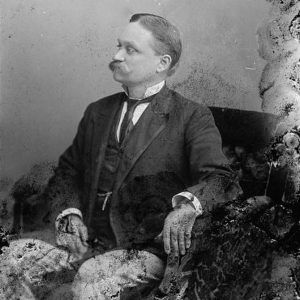
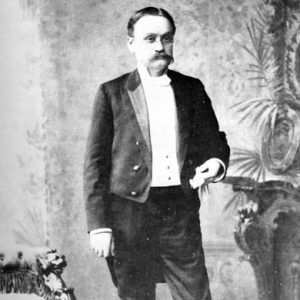
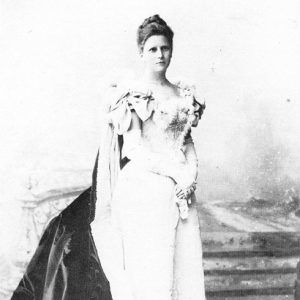
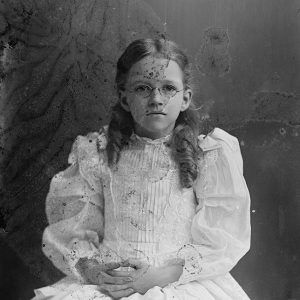
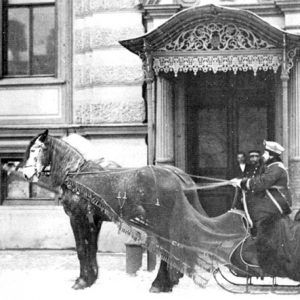
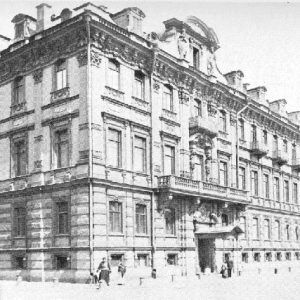




Comments
No comments on this entry yet.